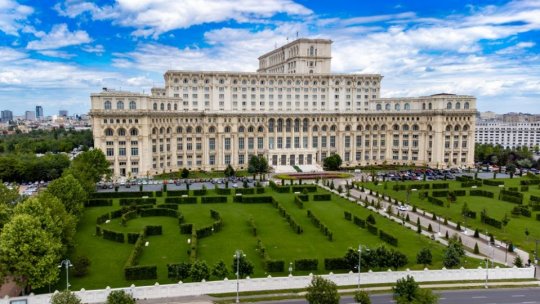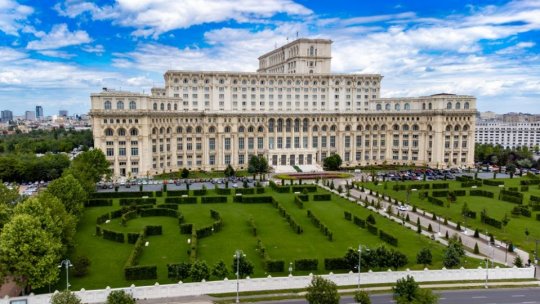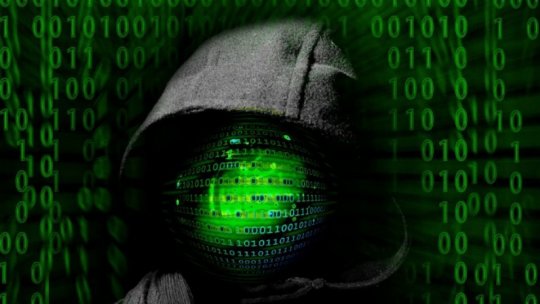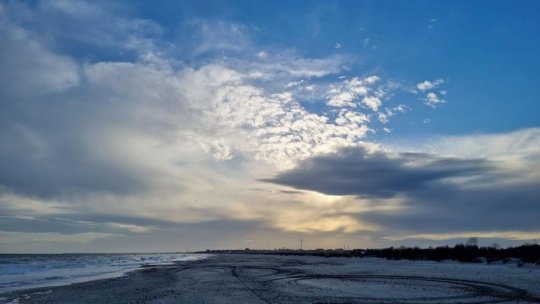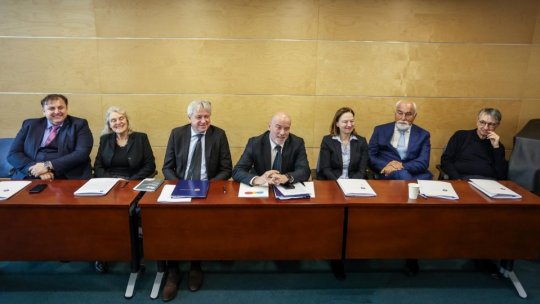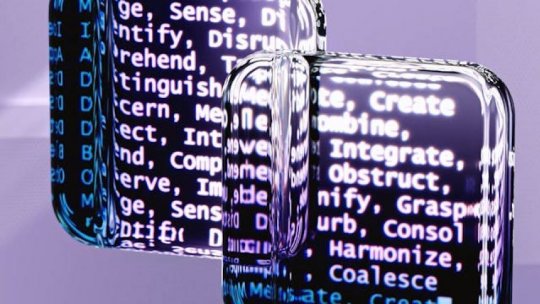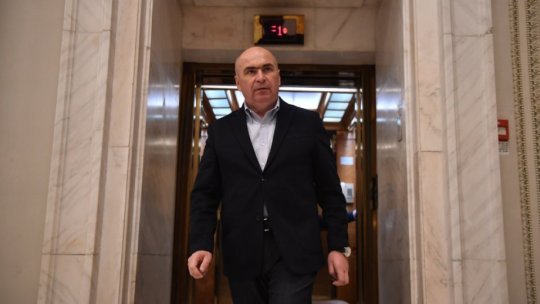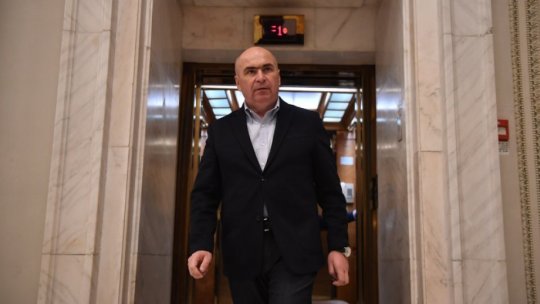RRA Exclusive Interview: Romanian Foreign Minister in Israel
In Jerusalem, Romanian Foreign Minister was received by PM Netanyahu, an opportunity to highlight the excellent Romanian-Israeli relationship.
25 Octombrie 2017, 14:59
Romanian Foreign Minister, Teodor Meleşcanu, paid an official visit to Israel, where, among other meetings, he has been received on Monday in Jerusalem by Israeli Prime Minister Benjamin Netanyahu, an opportunity to highlight the excellent level of the Romanian-Israeli relations. The organization of a joint meeting of the two Governments in 2018 has also been addressed.
Talks focused on strengthening political-diplomatic dialogue and deepening bilateral cooperation, especially in top-level areas.
Minister Meleşcanu reaffirmed Romania's support for strengthening the relation between the State of Israel and the European Union.
Last but not least, in order to make the Romanian consular activity more efficient in Israel, the number of the diplomatic staff at the Tel Aviv representation has been increased. Necessary steps are being taken to open a Consulate in Haifa, and the online access would be open for the public starting from December 2017.
In Jerusalem, the Head of Romanian Diplomacy, Teodor Meleşcanu, offered an exclusive interview to the RRA Correspondent, Dragoş Ciocârlan.
Reporter: We received from the Israeli Government the photo of you and Prime Minister Benjamin Netanyahu. Judging by the picture, it was a successful meeting. What can you tell us, Minister Teodor Meleşcanu?
Teodor Meleşcanu: First of all, I can confirm that it was a very successful talk.And during this conversation, we once again reaffirmed the need to consolidate the political and diplomatic dialogue and we especially stressed our interest in deepening bilateral cooperation with an emphasis on the Economic, Domestic and Defense sectors; we also highlighted the opportunity to step up cooperation in cutting-edge areas, new technologies in Energy, Technology and Innovation, Agriculture, Education and Research.
From this point of view, I can say that it was a very good discussion, and in the next period, in the perspective of an Israeli-Romanian governmental meeting, there is the possibility of adopting a legal document, a Memorandum setting out several projects which we will promote with Israel.During my meeting with Prime Minister Benjamin Netanyahu, I delivered him a letter from the Romanian Prime Minister, Mr Tudose, with a proposal to conclude a cooperation protocol on five priority themes for Romania: Energy, Security for critical infrastructures, in particular Cyber Defense, Water Management and the Development of sustainable Agriculture in Romania, Innovation and Entrepreneurship in High Technology.In reference to Agriculture, we were told that the current Israeli (irrigation, n.a.) system does not deal with plants in general but with each plant (category, n.a.) in particular. Through a direct satellite connection, the irrigation is done differently according to each plant category. So you realize that we are talking about a revolutionary technology at the moment and of course Romania is also interested.
Reporter: Security issues in the region. Here, Iran is the focus of attention, including ballistic missile threats. What is the position of Romania?
Teodor Meleşcanu: From our point of view, we are quite well anchored in the European Union's policy regarding the relationship with Iran; as you know, at least in Brussels it is considered that the eight reports submitted by the International Agency for Atomic Energy (IAEA) confirm that Iran has complied with the provisions of the Joint Program that prevents adherence to the nuclear military area. So we know there is a Decision by the President of the United States on this issue, including the possibility of denouncing the Joint Program. At EU level, we are currently looking to focus on a dialogue with the US on this subject, given the things I have been saying to you, the arguments I have put forward to you. There is, of course, a problem with the Intercontinental Missile Program, and from this point of view I must admit that, legally, this was not on the agenda of the negotiations that led to the adoption of this Joint Program. But from my point of view, I think it would be a topic that could also be addressed in future.
Reporter: How do you assess the evolution of the situation in Syria and Iraq?
Teodor Meleşcanu: Unfortunately, in Syria and Iraq, we are faced with a very big problem, terrorism, one of the fundamental themes that concern all states at international level. Unfortunately, both in Iraq and in Syria, DAESH, ISIS and other terrorist organizations have had a certain capacity to create very great difficulties that led to direct conflicts. From our point of view, terrorism is one of the activities that must be eradicated by the modern society. Romania is a member of the anti-DAESH coalition.We have troops in Afghanistan, we have more than 650 soldiers now in Resolute Support Operation in Afghanistan, and we are still concerned about working with all other countries in preventing and combating terrorism. Among other things, Romania is one of the countries that proposed the creation of an International Court for Terrorism Crimes, and we also promote this idea internationally.
In reference to the situation in the region, I believe that Israel is in a very good position today; with all the conflicts that are taking place near its borders, Israel has remained a stable country with a predictable policy that must be taken into account, while finding ways to restart a negotiation process in the Middle East - I am referring to the Palestinian problem, one of the oldest conflicts.Romania's position is to support the fact that we need to accept the idea of the existence of two states, Israeli and Palestinian, and at the same time, Romania strongly supports the idea that finding a solution must be done through a direct dialogue between the interested parties.
We think there will be other initiatives in the future that will focus on this, I am thinking of the possibility that the US might launch a specific program to solve the Palestinian problem, which we also hope to contribute to finding a solution to this conflict.
Reporter: What can you say about bilateral military co-operation with Israel?
Teodor Meleşcanu: It is one of the very active areas of cooperation between Romania and Israel, and we have discussed here in Israel about the opportunity to initiate new negotiations and a series of documents especially in the areas of Cyber Security, where Israel has a very important position, and the areas of Security and Public Order. We are also considering a program of activities regarding the Defense industries in Romania and Israel, considering that Romania currently allocates 2% of the budget for military defense expenditures.
Reporter: What about support, or diplomatic cooperation within international institutions, regarding Israel?
Teodor Meleşcanu: There are many topics where Romania can support and promote certain themes on the Middle East and the Israel-Palestine relationship. We believe that one of the most important contributions we can make as a country is to insist on further dialogue between the EU and Israel. In one of the meetings with the EU Foreign Ministers in Tallinn, Estonia, I suggested the convening of the Association Council between the EU and the State of Israel, precisely to provide a framework where the economic issues, but also the security relations in the area, can be discussed. I want to tell you that Israel is basically one of EU’s most important trading partners and on this subject we think we should really find ways to consolidate and further develop the relationship between Israel and the EU countries.
Reporter: The Consulate in Tel Aviv: when do you estimate that the online access and fill-in system for all types of (electronic, n.a.) documents will be publicly available?
Teodor Meleşcanu: Yes, it is one of the problems that we are confronted with, especially as here, as you know, we have around 470,000 Israeli citizens of Romanian origin, who surely encounter problems too.The first measure I took was to increase the number of staff at the Tel Aviv Consulate. Five consuls will work here starting with the end of October, we will also have an attaché responsible for labor matters and another for citizenship issues, from the National Citizenship Authority and the Labor Ministry.This increase in staff and the rapid measures to open a Consulate in Haifa will ensure a much higher quality of service that we can offer to Israeli citizens. In connection with the SIMISC system of completing online various requests addressed to the Consulate, the system already functions in the relationship between the Consulate and the Romanian authorities; from December it will probably also be made available to all citizens who are interested to address directly online requests for appointments, or documents or file-checking. But there is also a small problem: as you know, Romania is one of the countries with the fastest-running Internet in the world.The program was designed in Romania, on the conditions in Romania. Sometimes there are issues related to Internet running in Israel, so we hope these incidents will be solved in the future.
Source:RRA.Translated by Miruna Matei

